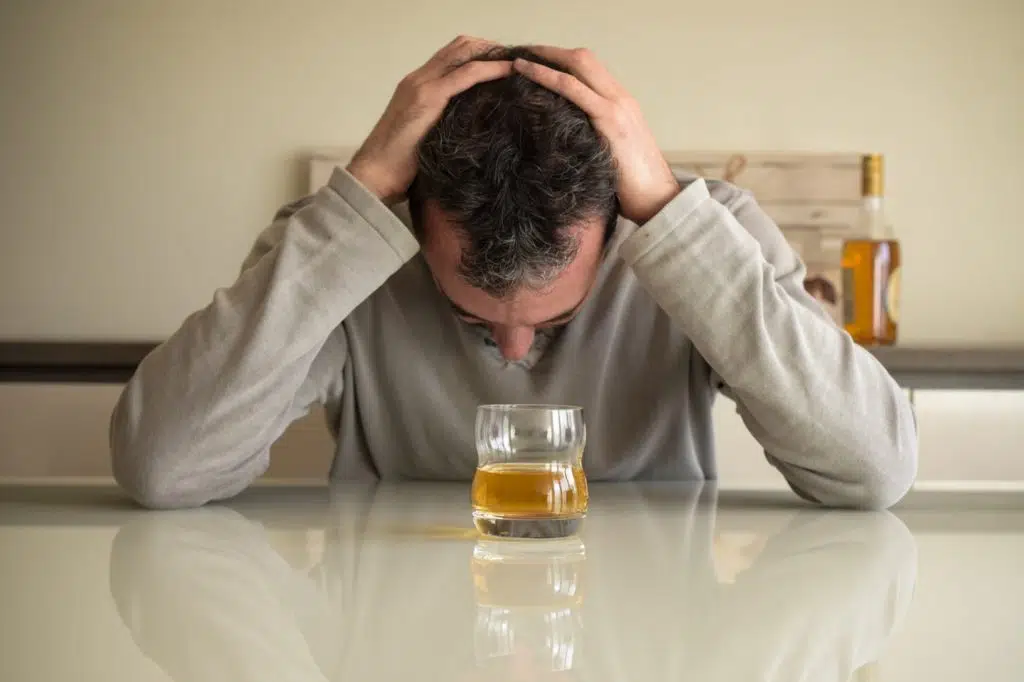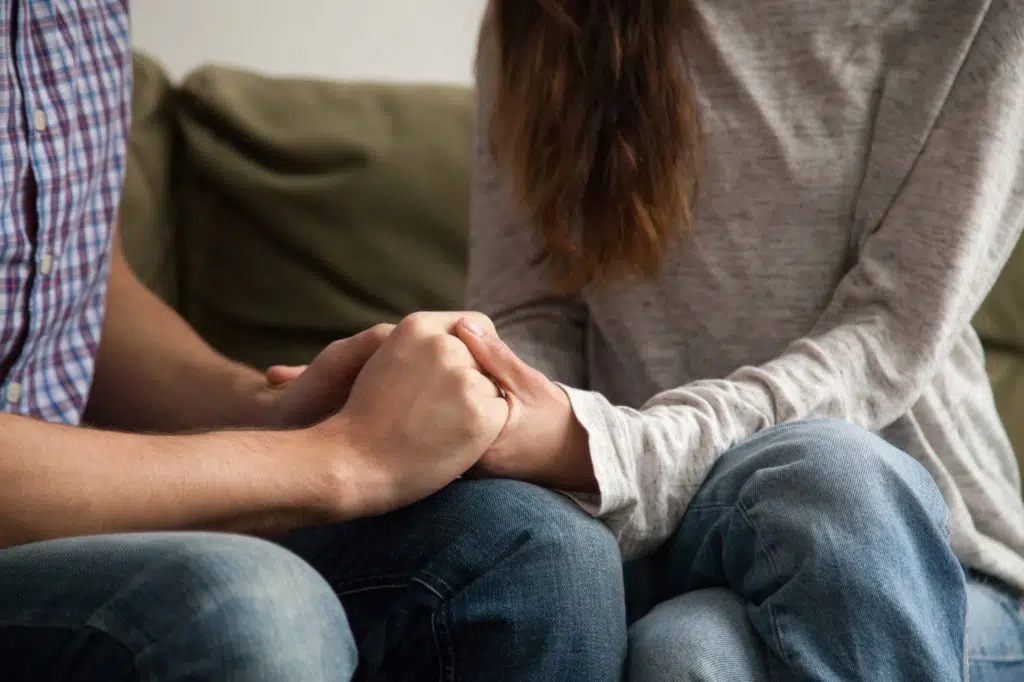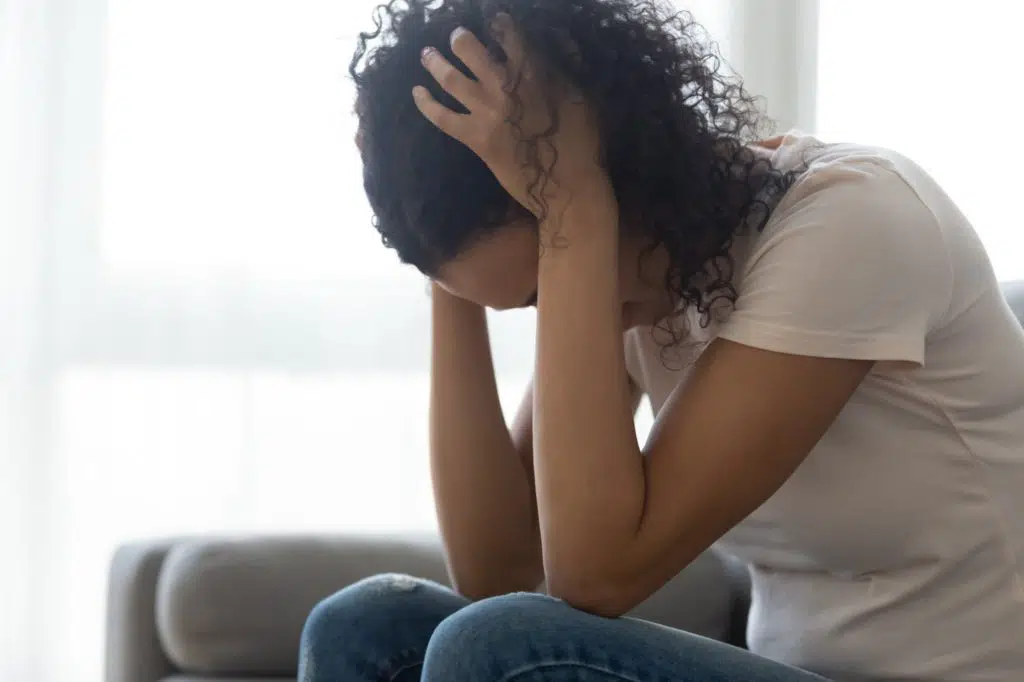By nature, humans are social creatures. We often thrive in environments that leave us feeling needed, cared for and loved. When social isolation occurs, it can hurt all aspects of our lives. From how we think about our self-worth to how we interact with others, isolation can be detrimental when occurring for long periods. In fact, isolation is often linked to a higher rate of substance use disorder.
Social interaction is so crucial to our health that the Substance Abuse and Mental Health Services Administration has categorized it as one of the eight dimensions of wellness, meaning it is an essential aspect of our overall wellbeing.
If you or someone you love is struggling with addiction due in part to isolation, we can help. Don’t spend another day isolated from people who can help you get better sooner; seek treatment today.
What is social isolation?
Social isolation, by definition, is the lack of regular social interaction or connections caused by disassociation to the community, friendships, family, work or schooling that were once part of one’s everyday life.
Social isolation vs. loneliness
Although similar in nature, social isolation and loneliness are two different things. While social isolation is more focused on not having direct interaction with anyone, loneliness is the feeling of being alone that can come from a lack of interaction.
Loneliness is a state of mind centered around the idea that you feel alone and desire human contact to satisfy your mental, emotional and physical needs.
Some people who live alone and are considered physically isolated from the everyday grind of society don’t feel lonely. At the same time, others who find themselves in social settings still have a lonely yearning tied to their emotions.
Although feeling isolated or lonely on occasion is normal, intense and long-lasting negative feelings from either can increase your risk of substance use and be tied to other underlying mental health conditions such as depression or anxiety.
How does isolation incite drug and alcohol addiction?
There are various ways that isolation plays a significant role in fueling drug and alcohol addiction.
Let’s explore some of the most significant ties between substance use and isolation.
1. Anxiety and Depression
One of the biggest connections can be found with those who struggle with other mental health disorders, specifically anxiety or depression. Because one of the symptoms of these disorders is cycling self-isolation, it increases other symptoms associated with both, in turn, heightening the risk of self-medicating with substances like alcohol or drugs.
To alleviate symptoms, those without professional treatment for anxiety and depression often use alcohol and drugs to reduce their negative feelings, which can quickly lead to long-term addiction.
2. Excessive Time Alone
Isolation causes people to spend a majority of their time alone. In most cases, that alone time is spent isolated from the outside world, causing feelings of boredom. Although various reasons could lead to isolation, most attribute boredom as the leading cause of trying alcohol or drugs to pass the time and reduce negative thoughts and feelings. This mentality can turn into them finding satisfaction in the substances they use over time spent with others doing things that they used to love.
3. Loss of Accountability
Without anyone around to question your next move, it is easier to dive headfirst into things that are downright bad for your health, including drugs and alcohol. People are more open to trying something they were previously hesitant about when they know they won’t be held accountable. Often, a quick try can lead to addiction cycles that can worsen without the proper help or accountability.
How can you avoid relapse during times of isolation?
In some cases, such as job loss, divorce, or a cross-country move, isolation is temporary and unavoidable. During those times, it is important to plan ahead and recognize the new season of life you’ll be moving into, especially if you’re working toward long-term recovery from drug or alcohol addiction.
The best ways to avoid relapse during times of isolation include:
- Talking to others who have gone through similar situations
- Asking for help when you need it
- Finding an accountability partner or group
- Learning and utilizing new coping mechanisms
- Seeking professional care to help you stay sober
- Staying connected to your therapist for continuous treatment of any previously diagnosed mental health disorder
Dual-diagnosis treatment in Orange County
If you or someone you know is struggling with addiction and mental health conditions brought on by isolation, Miramar Recovery’s comprehensive treatment plans can help with any co-occurring disorders Treatment is based entirely on your unique health needs and long-term recovery goals and can effectively work for both long-term recoveries from addiction and other mental illnesses. Don’t delay treatment; get help today. Call 949-649-7264 to start your journey to recovery sooner.




